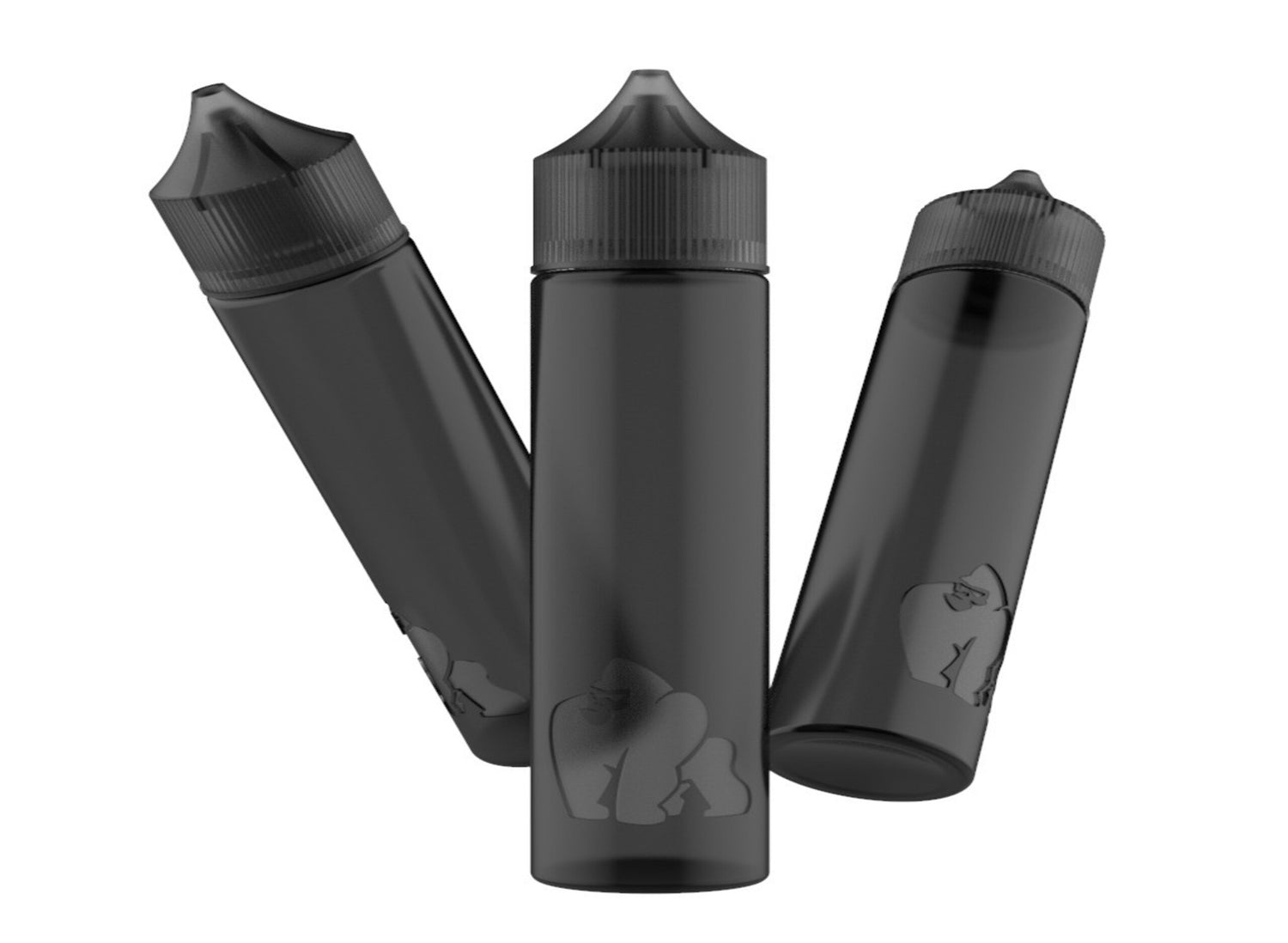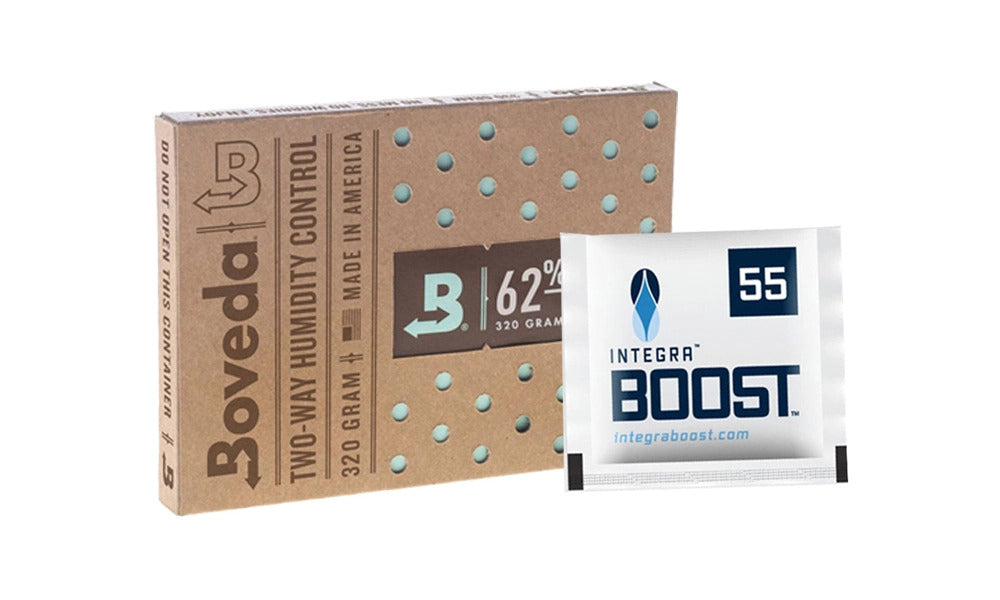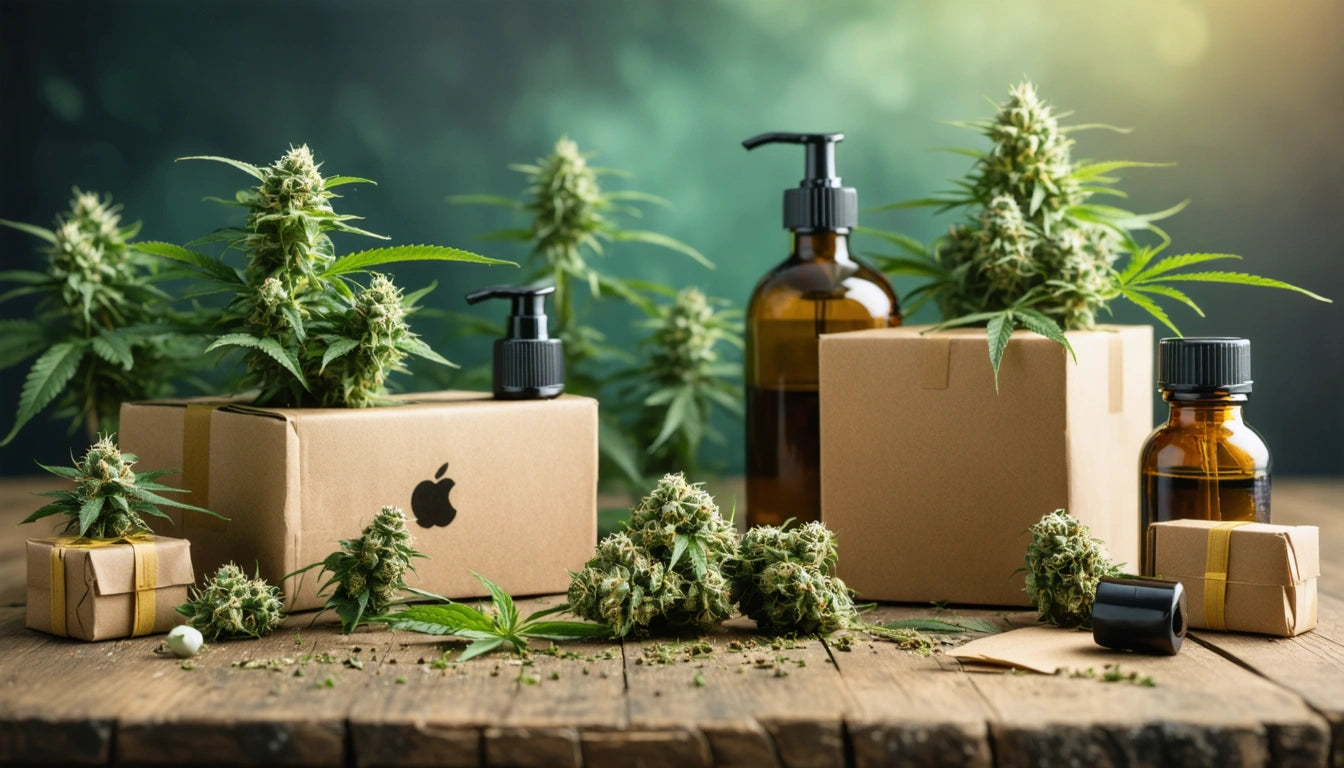Table of Contents
PET vs LDPE: Choosing the Right Chubby Gorilla Material
Selecting the appropriate material for your Chubby Gorilla packaging is a critical decision that impacts everything from product preservation to regulatory compliance. The two primary options, Polyethylene Terephthalate (PET) and Low-Density Polyethylene (LDPE), each offer distinct advantages depending on your specific product requirements and market positioning.
Material Differences: PET vs LDPE Properties
PET and LDPE represent fundamentally different polymer families with unique molecular structures that influence their performance characteristics. Chubby Gorilla offers both materials to accommodate diverse product needs.
PET Characteristics
PET is a thermoplastic polymer resin of the polyester family, known for its exceptional clarity and barrier properties. It features:
- Superior transparency and glass-like appearance
- Excellent barrier against oxygen and moisture
- Higher rigidity and structural integrity
- Greater resistance to heat (up to 70 °C/158 °F)
- Recyclability (resin identification code #1)
LDPE Characteristics
LDPE is a thermoplastic made from ethylene, offering different performance attributes:
- Greater flexibility and squeeze resistance
- Enhanced chemical resistance for certain formulations
- Lower clarity with translucent appearance
- Lighter weight with reduced shipping costs
- Different tactile feel with more pliability
Durability Comparison: Impact Resistance and Shelf Life
The durability of packaging directly impacts product protection throughout the supply chain and consumer usage.
PET containers, particularly those used in Chubby Gorilla's Aviator containers, offer exceptional impact resistance and dimensional stability. This makes them ideal for products requiring longer shelf life or those subjected to varied shipping conditions.
LDPE bottles provide superior drop resistance due to their flexibility, which allows them to absorb impact rather than crack. This makes them particularly suitable for products frequently handled by consumers or those requiring squeeze dispensing.
Visual Appeal and Brand Presentation
The visual presentation of your product plays a crucial role in consumer perception and brand positioning.
Clarity and Product Visibility
PET's crystal-clear transparency allows for complete product visibility, making it ideal for showcasing colorful formulations or premium products where visual appeal matters. This clarity complements features like Chubby Gorilla's HoverGlide caps that deliver a luxury feel.
LDPE's translucent nature provides a frosted appearance that can obscure product discoloration over time or create a distinctive aesthetic for certain brand identities.
Printing and Decoration Options
Both materials accept various decoration methods, but PET generally provides a more stable surface for detailed printing and labeling options. This makes it preferable for brands utilizing Chubby Gorilla's tailored labeling and printing services.
Compliance Considerations for Child-Resistant Packaging
Regulatory compliance is non-negotiable for many product categories, particularly those requiring child-resistant features.
Both PET and LDPE Chubby Gorilla bottles can incorporate child-resistant closures that meet strict safety standards. According to regulatory guidelines for special packaging requirements, these containers must be significantly difficult for children under five to open while remaining accessible to adults.
PET's rigidity provides consistent performance with child-resistant mechanisms like Chubby Gorilla's SmartCap, ensuring reliable protection. The material's stability ensures that the critical dimensions of safety features remain consistent over time.
LDPE's flexibility can sometimes require additional engineering to maintain consistent child-resistant performance, but when properly designed, these systems effectively meet regulatory requirements.
Product Compatibility and Content Preservation
Different product formulations interact uniquely with packaging materials, making compatibility assessment essential.
Chemical Compatibility
PET offers excellent compatibility with water-based products and many alcohol-based formulations. It's particularly suitable for products containing essential oils or fragrances due to its strong barrier properties.
LDPE provides superior resistance to acids, bases, and certain solvents that might degrade PET over time. This makes it preferable for products with aggressive chemical profiles or those requiring flexibility in dispensing.
Oxygen and Moisture Barrier
PET provides superior oxygen barrier properties, making it ideal for oxygen-sensitive products like certain concentrates. This aligns with Chubby Gorilla's focus on keeping e-liquids and concentrates fresh.
LDPE offers moderate barrier protection but may allow greater oxygen transmission over time. For products where oxidation is a concern, PET generally provides better long-term preservation.
Making an Informed Decision Based on Product Requirements
The optimal choice between PET and LDPE depends on a comprehensive assessment of your specific product needs, market positioning, and operational considerations.
For premium products where visual presentation and rigid protection are paramount, PET bottles like those in the Chubby Gorilla collection offer superior performance. The material's clarity, barrier properties, and structural integrity make it ideal for high-value formulations.
For products requiring flexibility, squeeze dispensing, or resistance to specific chemicals, LDPE provides practical advantages that may outweigh the aesthetic benefits of PET. The material's pliability and impact resistance make it suitable for frequently handled consumer products.
When making your selection, consider these additional factors:
- Environmental impact and recycling infrastructure in your target markets
- Total cost of ownership including transportation and potential breakage
- Consumer expectations within your product category
- Dispensing method requirements and cap compatibility
- Storage and usage conditions throughout the product lifecycle
By thoroughly evaluating these considerations against the distinct properties of PET and LDPE, you can select the Chubby Gorilla packaging material that best serves your product's functional requirements while supporting your brand's market positioning.











Leave a comment
All comments are moderated before being published.
This site is protected by hCaptcha and the hCaptcha Privacy Policy and Terms of Service apply.